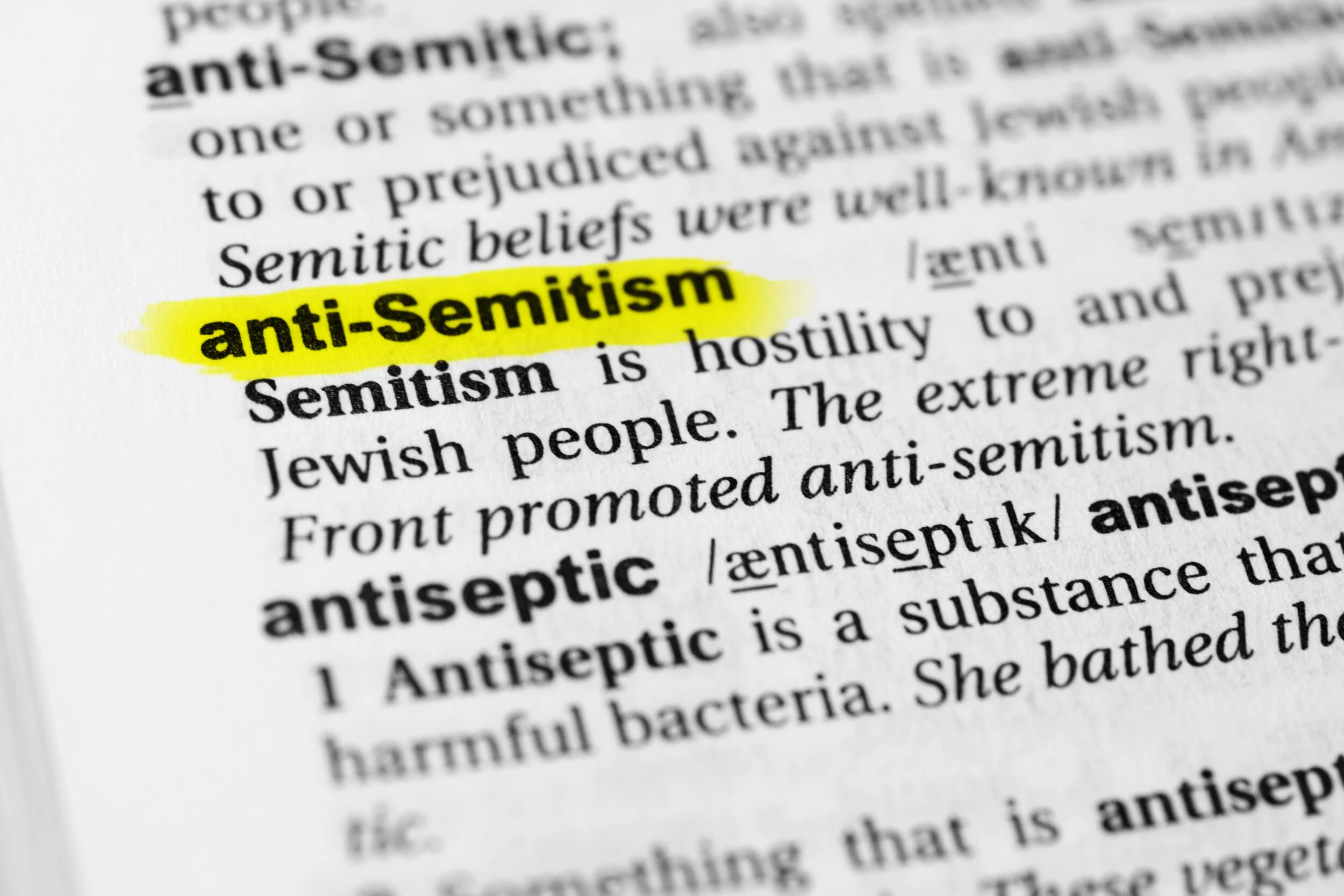If you’ve worked as a reporter for any amount of time, you know what it’s like to return from covering a Big Story. Then you face your editor and get THAT LOOK.
Here is the religion-beat version of this scene. The editor asks a question that sounds something like this: “So what happened? Did (insert name of ecclesiastical group) finally make a decision about (insert hot-button topic, usually involving sex and/or politics) or not? We need to know how big a story this is.”
The reporter answers that this or that religious group passed a vague resolution calling for more study, dialogue and prayer, but the text contains slight hints — often involving scripture references — that one side or the other is making progress toward achieving this or that goal (maybe). They’ll be arguing about this newsy issue again next year (or whenever the assembly has its next legal gathering), as they have been arguing about it for 25 years.
The editor gives the reporter THAT LOOK. It says, “You have got to be kidding” (or stronger words) and/or “Why did we spend money to send you to cover this national meeting? You said this was a Big Story.” Trust me: Reporters can detect THAT LOOK in an editor’s voice, even if this encounter is on the telephone.
Editor’s don’t like to wait. They like clear results that produce a BOLD headline over a Big Story.
With that in mind, let’s look at a recent New York Times story about the slowly unfolding legal process surrounding rioters who were arrested for attacking the U.S. Capitol during the Jan. 6 “Stop the Steal” protests. The headline stated, “Arrested in Capitol Riot: Organized Militants and a Horde of Radicals.”
My question: Did the 14 reporters involved in covering this story get THAT LOOK when their reporting revealed that the kinds of people facing federal charges (as of Jan. 31) were pretty much what careful news consumers would have expected? In particular, why isn’t there evidence — at this point — linking the violent rioters with (wait for it) evangelical networks and institutions?
To dig a bit deeper into that question, I think readers should read a Tony Carnes essay — “Mysteries about the Mob in the Capitol cleared up“ — at the website called “A Journey Through NYC Religions.” (That’s a deep website that GetReligion reader should include in their “favorites” lists in online browsers.) Carnes explores lots of logical religion questions about this story.










